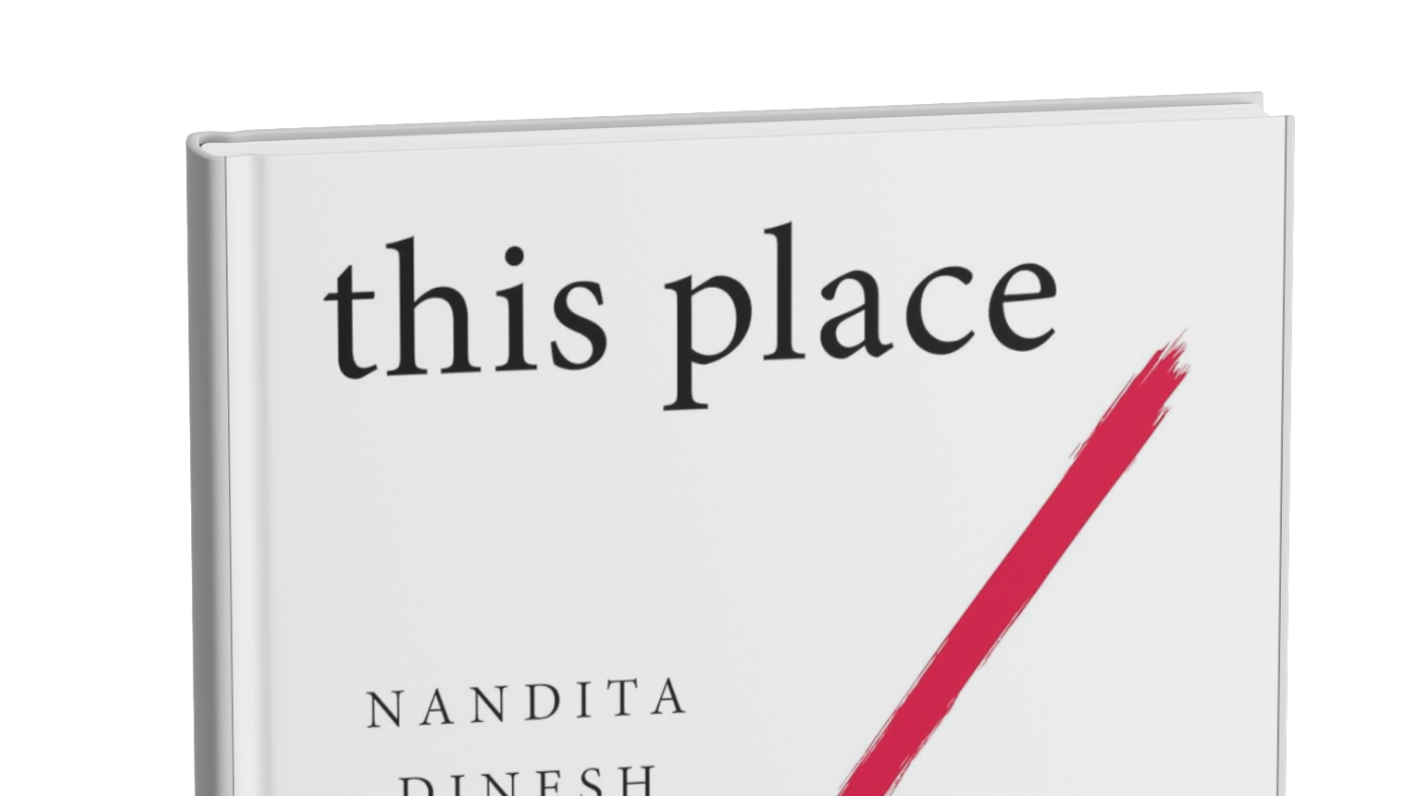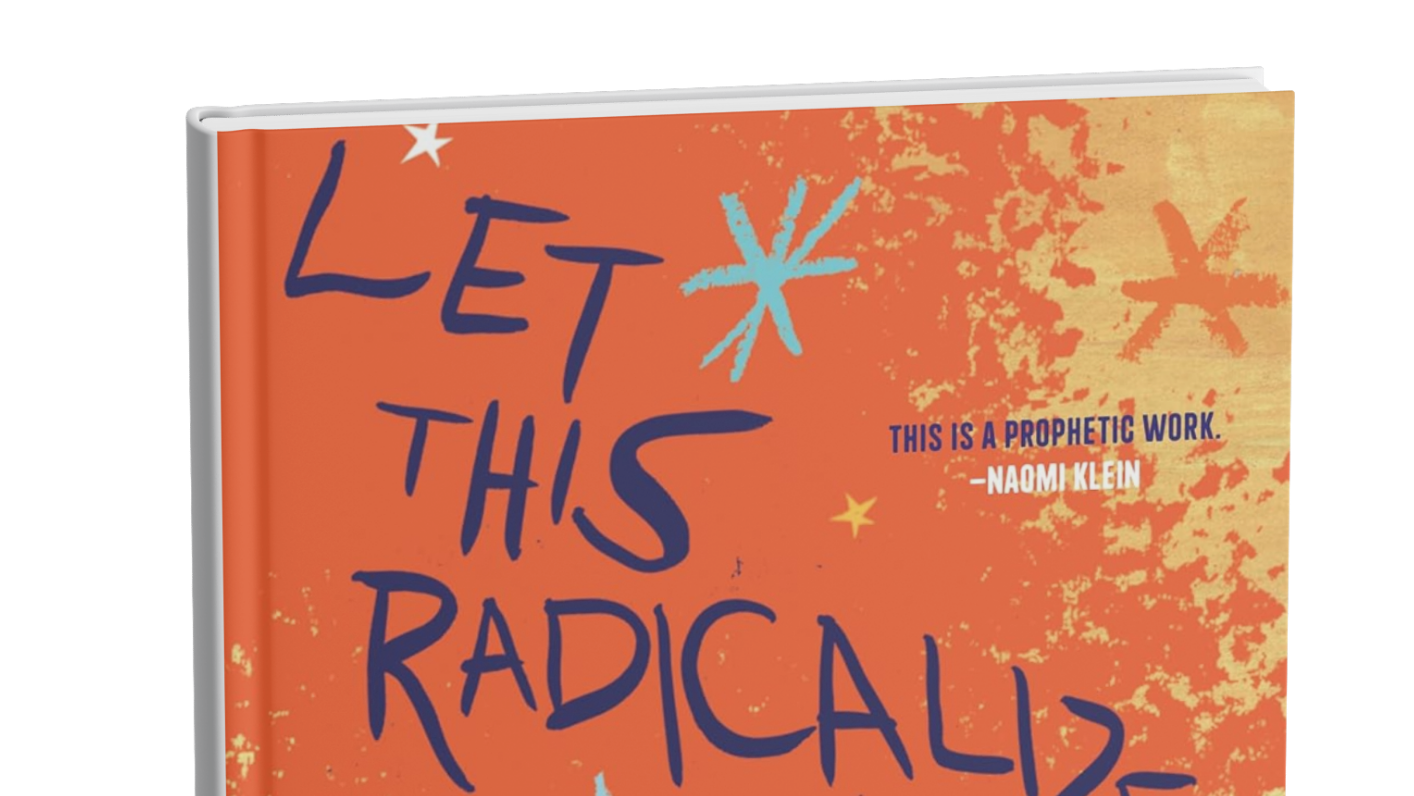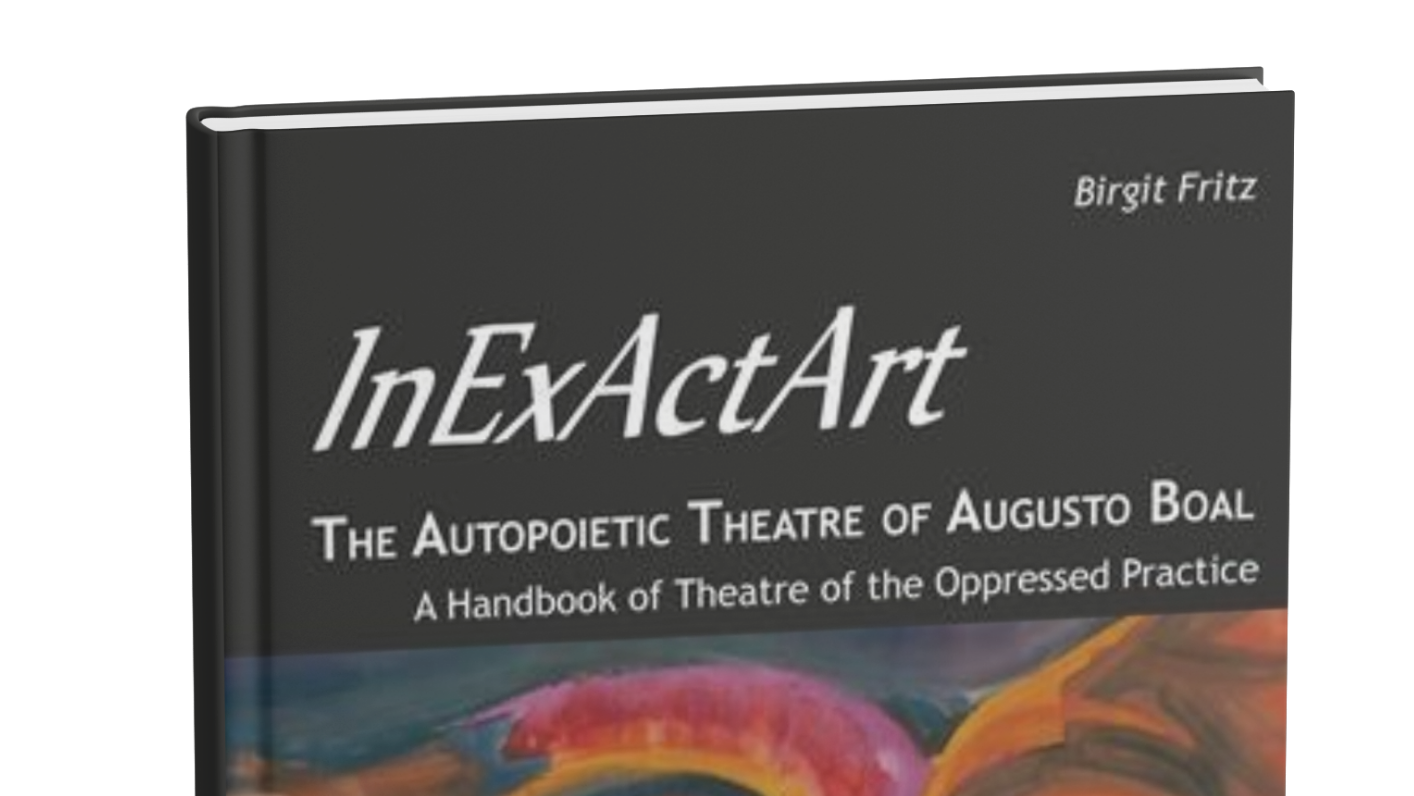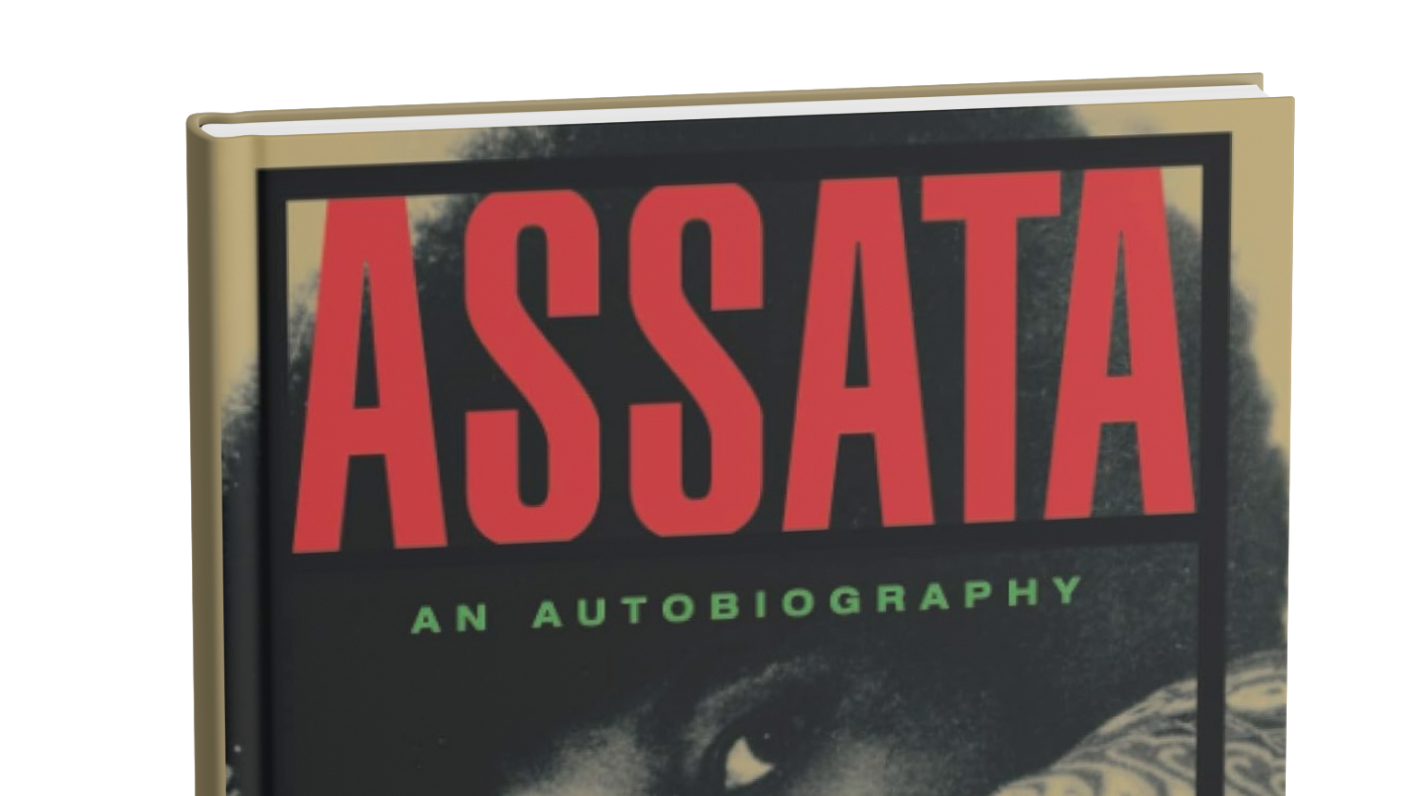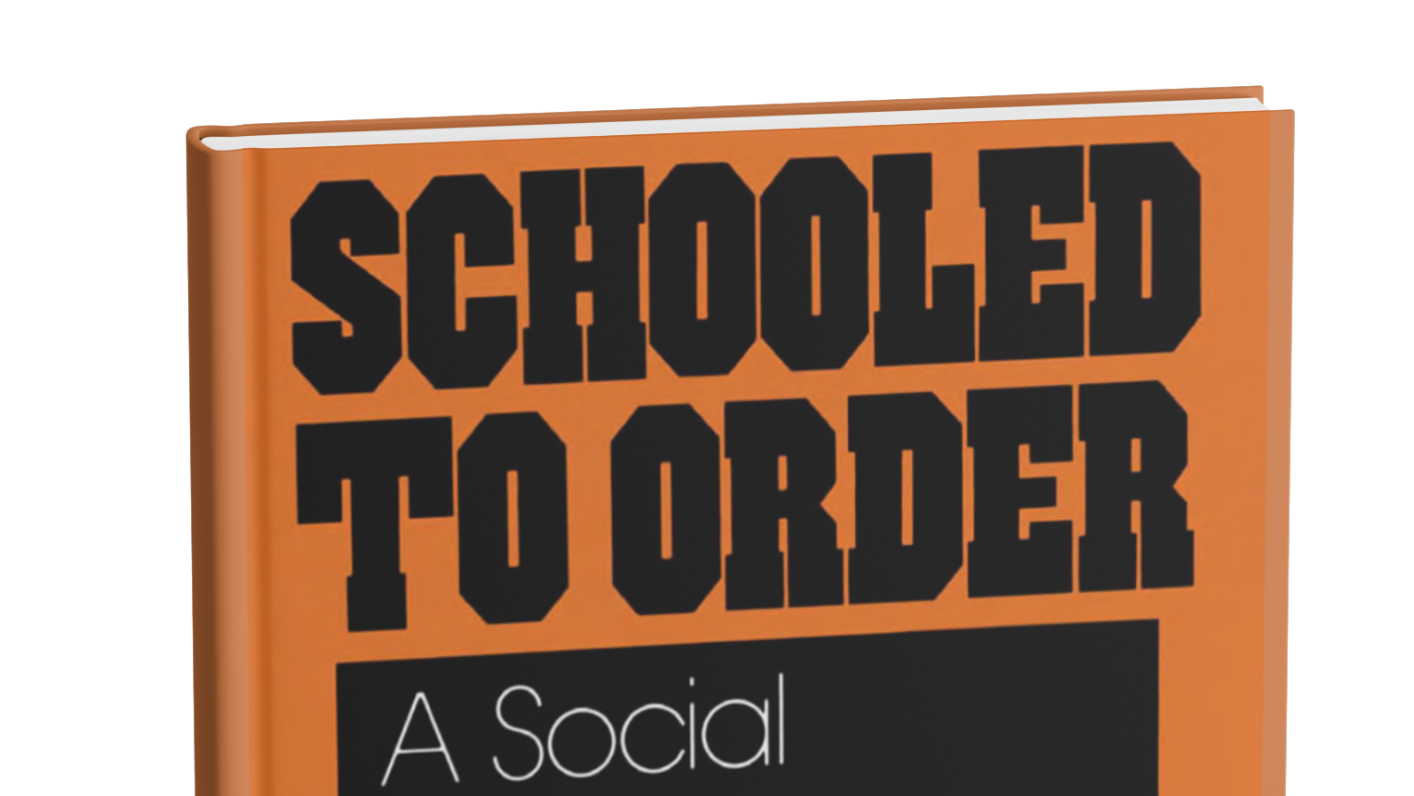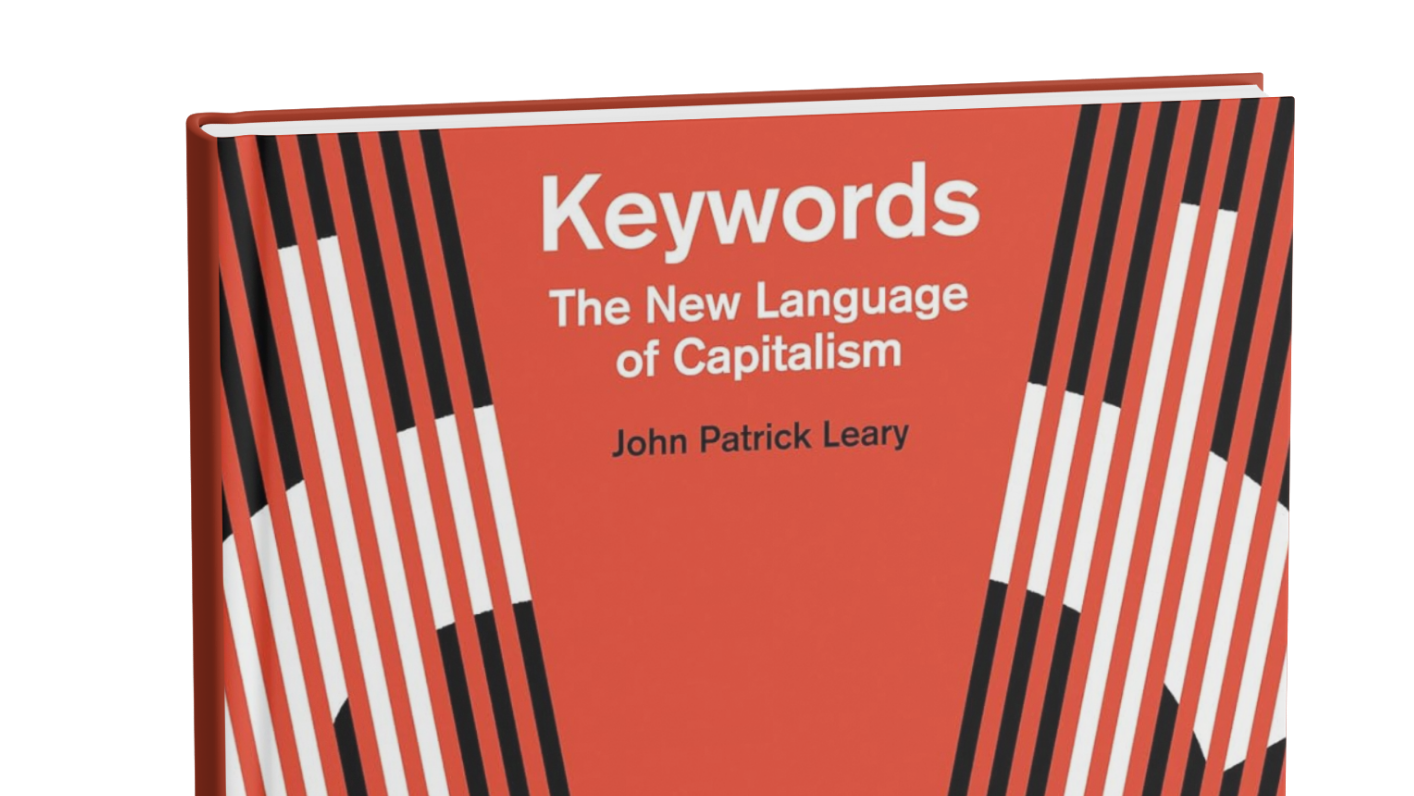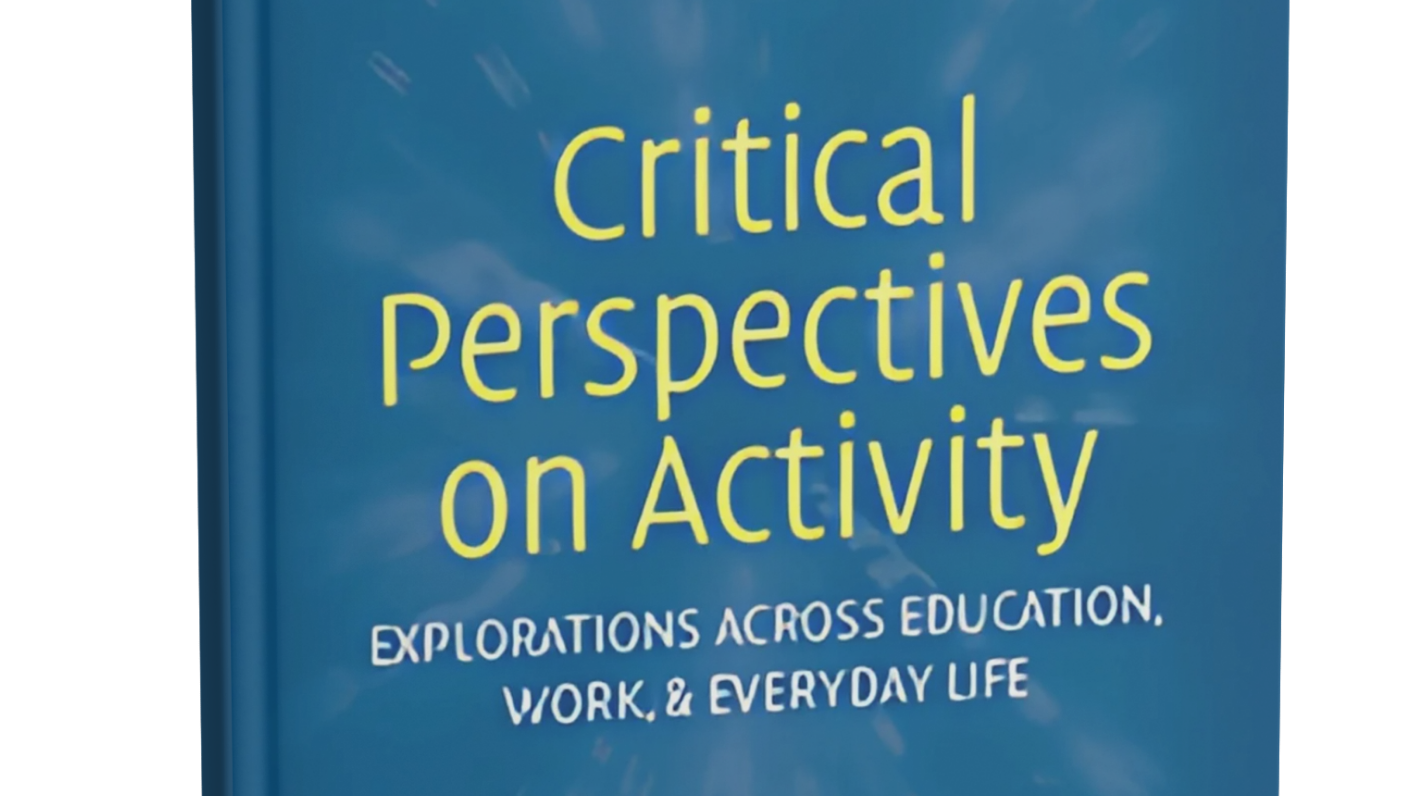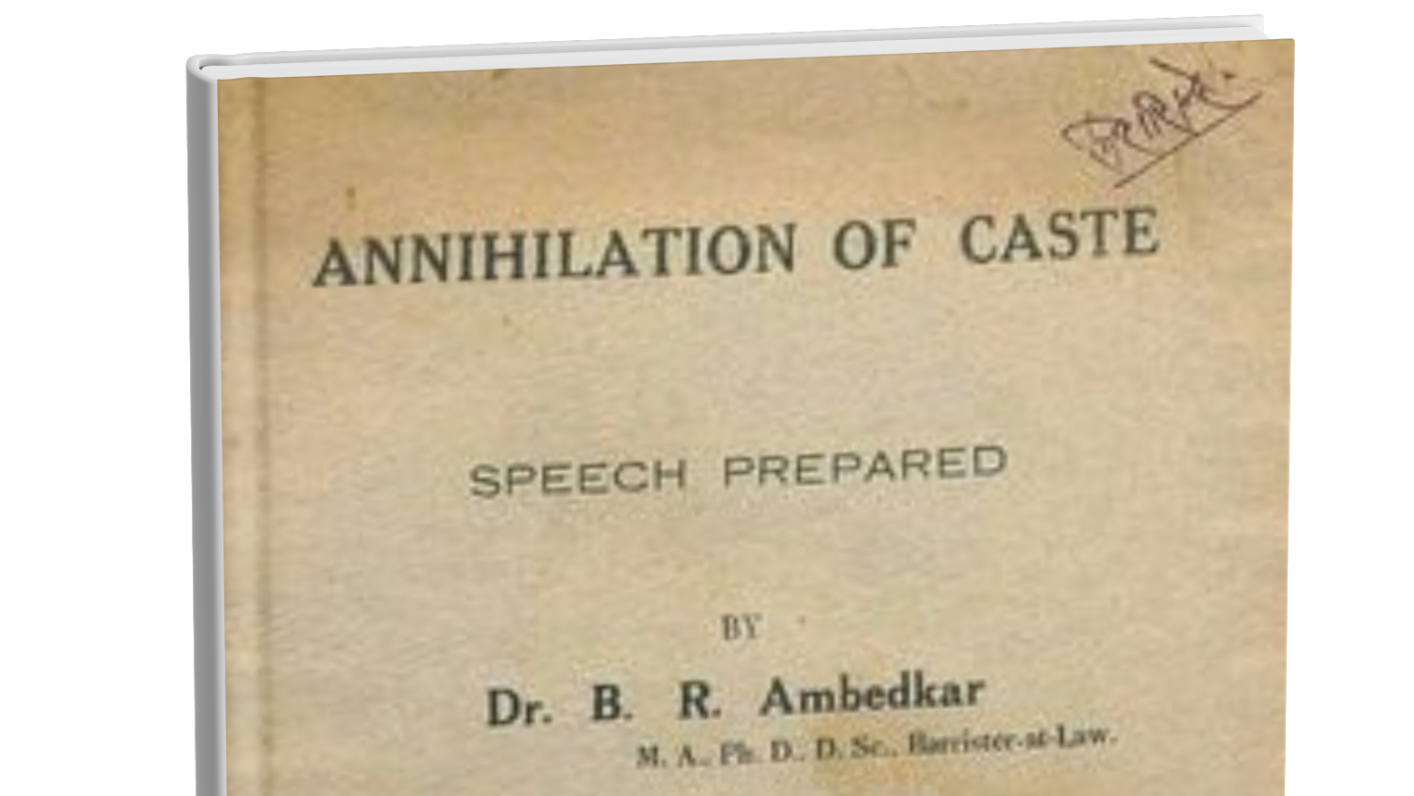In three sentences
1. Street theatre holds immense potential to energise and organise workers.
2. Safdar Hashmi/Roy consistently improved his craft, motivated others to excel and dreamed of creating a cultural centre and commune led by and for working class people.
3. Street theatre is process intensive and Janam engaged in creative experiments with the form
How the text changed me
Makes you want to get up and do political theatre with seriousness, collaboration and joy.
Top three quotes
When Janam decided to make a play around these issues, they were clear that the play had to (a) be simple to mount; (b) be general enough to appeal to workers at large, not only those from a single factory; (c) talk about capitalism as a system, rather than about the cruelty of individual owners; (d) bring out the inhumanity of the capitalist class; (e) suggest that no matter how terrible or kind individual owners might be, the way out was to abolish capitalism.
[L]ike every art, street theatre too demands discipline and practice. To improve, the actors need to put in their own effort. They’ll need to train their voice, learn to sing, play instruments, dance, consciously deliberate on the correct use of “space” in a circular
performing arena, and to rehearse seriously and systematically. No matter how potent your message, how scientific your understanding, without artistic merit, you won’t move your audience.’
performing arena, and to rehearse seriously and systematically. No matter how potent your message, how scientific your understanding, without artistic merit, you won’t move your audience.’
What comes in for scathing criticism is the behaviour of the actors before and after performances. Not only was there little effort to interact with local comrades, ‘we appeared to be just a bunch of middle- or upper-middle-class actors, who, apart from the time that we were performing, seemed to have nothing to do with the people for whom we were performing.... This alienates us from the people from whom we draw our artistic and political nourishment’.
Fascinating details
A group of strikebreaking workers–those who don’t join the strike– get trapped inside a factory after the striking workers cut off the electricity. It's a cold night, and to pass the time, they invent a story. In it, there’s a cruel king and a slave who never complains. With each episode, the king becomes more brutal, and the slave keeps submitting.
As they discuss the story, the workers agree the king is inhuman. Then one of them asks: If you had to choose, would you rather be the king or the slave? Most say they’d be the king, even though they hate him. One worker chooses the slave and is laughed at.
But then something clicks. They realize the real issue: none of them can actually be the king. But that doesn’t mean they have to be slaves either. There’s a third option—they can refuse both roles. They can reject the system entirely.
Sudhanva recounts this story to show how our goal is not to just interpret the world from within, but imagine and act on changing it through street theatre.
Reference:
Deshpande, Sudhanva. Halla Bol: The Death and Life of Safdar Hashmi. LeftWord, 2020.
I have adapted the questions I used to think about the text from Ali Abdaal.
